Sleep rhythms can disrupt normal activity in specific regions of the brain and actually slow it down, says new research.
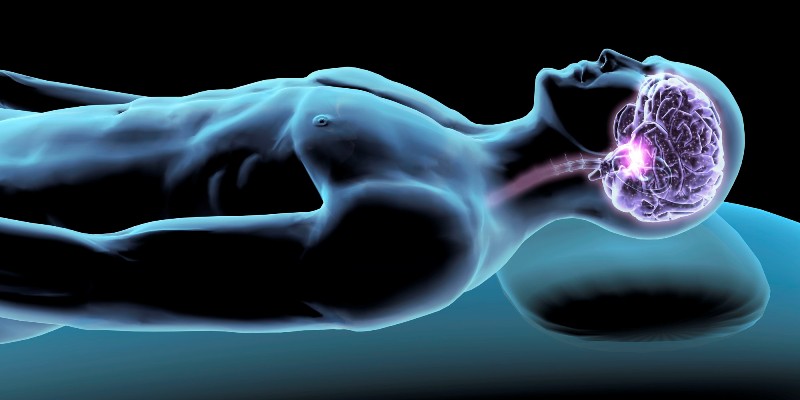 It has been established that sleep deprivation slows down our reaction time, but it has been unclear exactly how the lack of sleep affects brain activity and subsequent behaviour.
It has been established that sleep deprivation slows down our reaction time, but it has been unclear exactly how the lack of sleep affects brain activity and subsequent behaviour.
Read More: Earth Is Facing a Major Disaster, Says A New Study
A new Tel Aviv University study published in Nature Medicine finds that individual neurons themselves slow down when we are sleep deprived, leading to delayed behavioural responses to events taking place around us. The neural lapse, or slowdown, affects the brain’s visual perception and memory associations.
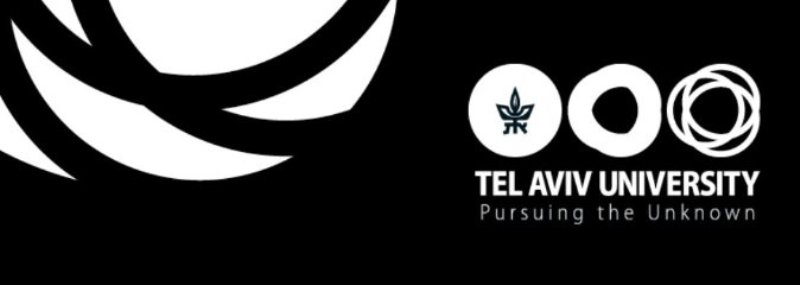 The study was an international collaboration led by Dr. Yuval Nir of TAU’s Sac/kler Faculty of Medicine and Sagol School of Neuroscience; Prof. Itzhak Fried of UCLA, TAU and Tel Aviv Medical Center; and sleep experts Profs. Chiara Cirelli and Giulio Tononi at the University of Wisconsin-Madison.
The study was an international collaboration led by Dr. Yuval Nir of TAU’s Sac/kler Faculty of Medicine and Sagol School of Neuroscience; Prof. Itzhak Fried of UCLA, TAU and Tel Aviv Medical Center; and sleep experts Profs. Chiara Cirelli and Giulio Tononi at the University of Wisconsin-Madison.
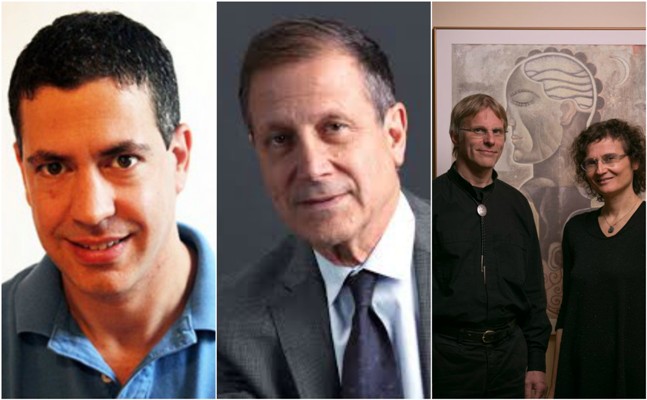
“When a cat jumps into the path of our car at night, the very process of seeing the cat slows us down. We’re therefore slow to hit the brakes, even when we’re wide awake,” says Dr. Nir. “When we’re sleep-deprived, a local intrusion of sleep-like waves disrupts normal brain activity while we’re performing tasks.”
Don’t Miss: Indian Scientists Discover Saraswati Shining in Space
Investigators recorded the brain activity of 12 epilepsy patients who had previously shown no or little response to drug interventions at UCLA. The patients were hospitalized for a week and implanted with electrodes to pinpoint the place in the brain where their seizures originated. During their hospitalization, their neuron activity was continuously recorded.
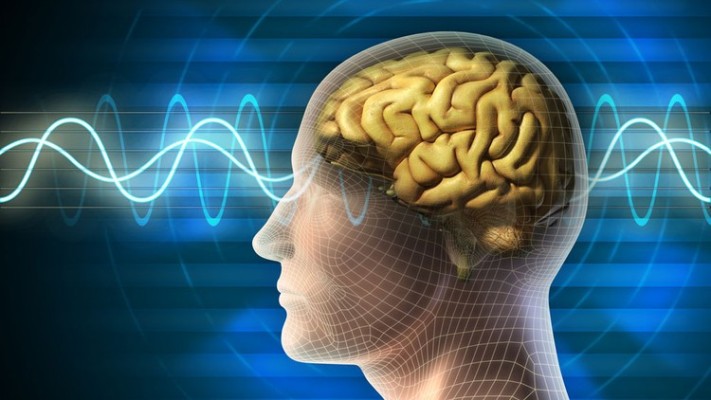 After being kept awake all night to accelerate their medical diagnosis, the patients were presented with images of famous people and places, which they were asked to identify as quickly as possible.
After being kept awake all night to accelerate their medical diagnosis, the patients were presented with images of famous people and places, which they were asked to identify as quickly as possible.
You May Like To Read: Astronomers Have Amazing View of Baby Stars
“Performing this task is difficult when we’re tired and especially after pulling an all-nighter,” says Dr. Nir. “The data gleaned from the experiment afforded us a unique glimpse into the inner workings of the human brain. It revealed that sleepiness slows down the responses of individual neurons, leading to behavioural lapses.”
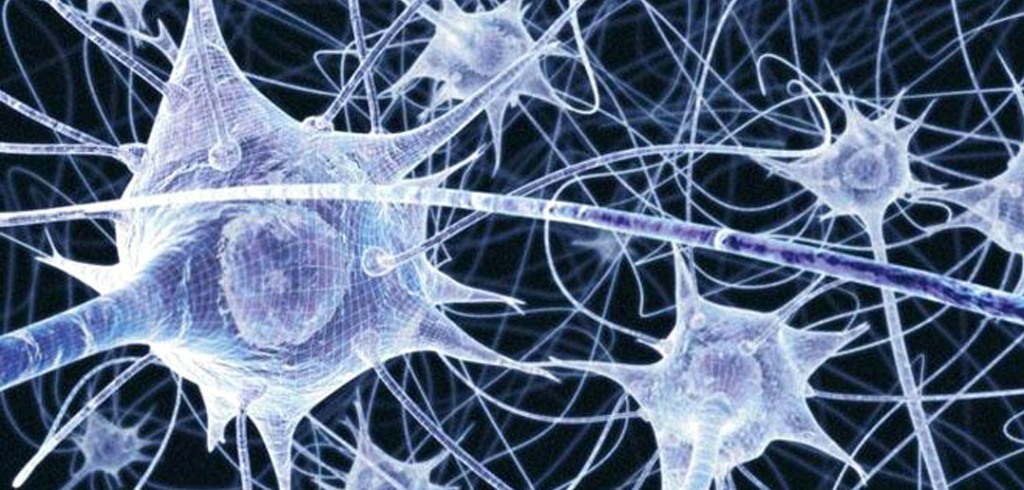 In over 30 image experiments, the research team recorded the electrical activity of nearly 1,500 neurons, 150 of which clearly responded to the images. The scientists examined how the responses of individual neurons in the temporal lobe — the region associated with visual perception and memory — changed when sleep-deprived subjects were slow to respond to a task.
In over 30 image experiments, the research team recorded the electrical activity of nearly 1,500 neurons, 150 of which clearly responded to the images. The scientists examined how the responses of individual neurons in the temporal lobe — the region associated with visual perception and memory — changed when sleep-deprived subjects were slow to respond to a task.
Don’t Miss: Indian Scientists Develop Drones With Human Brain As Command Centre
“During such behavioural lapses, the neurons gave way to neuronal lapses — slow, weak and sluggish responses,” says Prof. Fried. “These lapses were occurring when the patients were staring at the images before them, and while neurons in other regions of the brain were functioning as usual.”
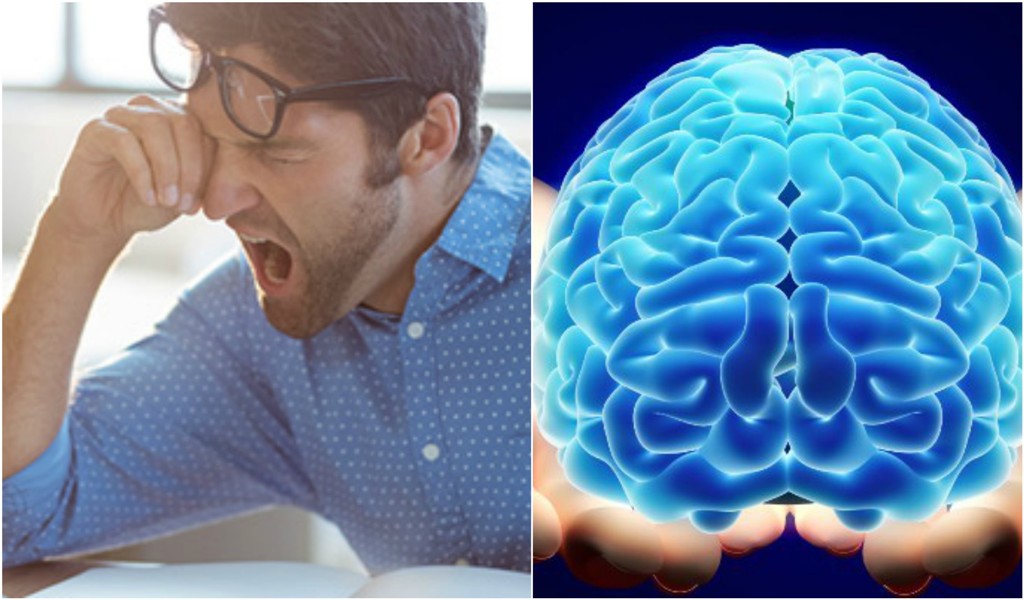 Investigators then examined the dominant brain rhythms in the same circuits by studying the local electrical fields measured during lapses. “We found that neuronal lapses co-occurred with slow brain waves in the same regions,” Dr. Nir says. “As the pressure for sleep mounted, specific regions ‘caught some sleep’ locally. Most of the brain was up and running, but temporal lobe neurons happened to be in slumber, and lapses subsequently followed.
Investigators then examined the dominant brain rhythms in the same circuits by studying the local electrical fields measured during lapses. “We found that neuronal lapses co-occurred with slow brain waves in the same regions,” Dr. Nir says. “As the pressure for sleep mounted, specific regions ‘caught some sleep’ locally. Most of the brain was up and running, but temporal lobe neurons happened to be in slumber, and lapses subsequently followed.
You May Like To Read: Womb Transplant: Pune Creates Medical History
“Since drowsy driving can be as dangerous as drunk driving, we hope to one day translate these results into a practical way of measuring drowsiness in tired individuals before they pose a threat to anyone or anything,” Dr. Nir concludes.
The paper other co-authors were Thomas Andrillon of the Ecole Normale Superieure in Paris, Amit Marmelshtein of Tel Aviv University, and Nanthia Suthana of UCLA.
Read More Science & Technology Stories,
- A Glow Stick That Detects Cancer
- Is There Life Outside Earth? Nasa has discovered seven earth-like planets
- New system transmit digital data 10 times faster than 5G
- How About Tasting A Virtual Biryani Through Sensors?
- Artificial chicken grown from cells gets a taste test—but who will regulate it?
- You Are Being `Sold’ For Less than a Rupee
- Did Uber Steal Google’s Car Secrets?
Other Top News;
- Tipu Sultan `Storms’ Into Political Fray in Karnataka
- Privacy Will Not Stand `Naked’ if Mobile Numbers Are Linked to Aadhar
- Gujarat Assembly Polls : A Do or Die Battle for BJP and Congress in Runup to 2019
- Finders Keepers To Hit Screens on November 24
- With a Boring Speech, Xi Jinping Wants to Make China Big Brother-II
- Life, Death and Sex
- Amit Shah Takes on CPM in Kerala, Aims to Lead BJP to Second Slot
- Is Finance Minister Arun Jaitley Being Sidelined?
- Unsung Martyrs of Freedom Struggle To Get a `Voice’
- Tesla Fires Hundreds in One Go Over Poor Performance










































